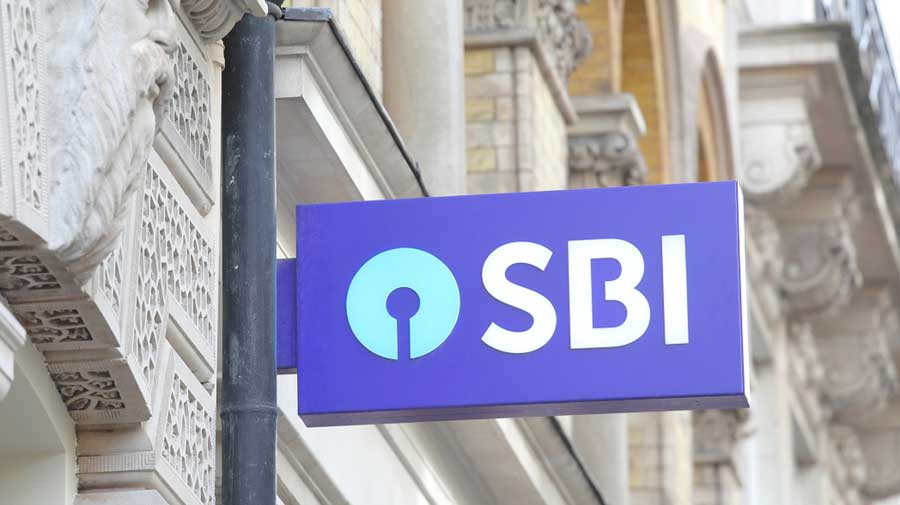The stage is set for a reverse repo hike amid TREP (tri-party repo) and inter-bank call money rate trading above 3.35 per cent, a research report has said. According to a note from SBI’s economic research department, a “reverse repo normalisation’’ is on the cards as call-money rates (rates at which banks borrow from each other to meet short-term mismatches) and the TREP rate is above the reverse repo rate of 3.35 per cent.
TREP is a kind of a repo contract, where a third entity performs the role of an intermediary between two parties to facilitate various services.
While the weighted average rate (WAR) for TREP is around 3.91 per cent, it is 3.66 per cent in the call-money market, as per CCIL (Clearing Corporation of India) data.
Recently, inter-bank call money rates had crossed the repo rate on liquidity tightness because of GST outflows. This comes at a time yields on the benchmark 10-year security have been inching up since the US Federal Reserve signalled its hawkish stance in December.
The benchmark bond at present is trading at around 6.5 per cent which is 250 basis points above the repo rate. The repo rate is that at which the RBI provides liquidity to banks.
A reverse repo normalisation would therefore mean that the central bank could reduce the corridor between the reverse repo and the repo rate. Prior to the Covid-19 pandemic, it stood at 25 basis points.
The monetary policy committee (MPC) is set to meet from February 6-9 and expectations in some quarters are that it could raise the reverse repo by up to 25 basis points, while leaving the repo rate unchanged.
The report from SBI Ecowrap added that global recovery has started losing momentum, impacted by the resurgence of infections in several parts of the world, supply disruptions and the persistent inflationary pressures.
It observed that with inflation persisting at high levels, several emerging market economies were first off the mark in normalising and even tightening monetary policy. In advanced economies, also, persistent price pressures have induced some of them to raise policy rates.
Though yields in India have steadily risen in a narrow band, Soumya Kanti Ghosh, group chief economic adviser, SBI said that market participants — indicated by the latest RBI professional forecaster survey — have under-priced the impact of a rise in yield in response to the Fed announcement.
He pointed out that the yield is expected to continue north-wards in the fourth quarter of this fiscal. ``We believe G-sec rates could move in the range of 6.4-6.8 per cent (pre pandemic level). We expect that even though signalling repo rate may be capped at 4 per cent by the RBI, through much of 2022-23, a spread of 275 points over repo rate may be risk spread given the demand supply inequality. It is expected that crude price might stay high in near future at current levels,’’ Ghosh added.
The report said that in any rate hike cycle, the financial markets perform better as any material risk is factored in the prices.
“In the Indian context, during the growth boom for the three year period ended 2008, when the signalling rate/repo rate jumped by 275 basis points, the NSE Index had jumped by 79.1 per cent. Interestingly, for the two year period ended 2011, when rates jumped by 375 basis points, NSE Index did jump 54 per cent,” the report said.
Clearly, better risk pricing always results in better price discovery in markets’’, the report added.











